Assessing the potential of Offshore Renewable Energy in Africa
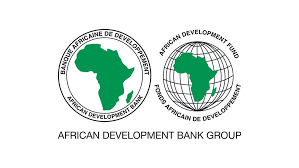
The African Development Bank's African Natural Resources Center has published their 'Assessing the potential of Offshore Renewable Energy in Africa' report.
How can the ocean contribute renewable energy to the African ‘Blue Economy’, bringing opportunities to millions of Africans and reducing or replacing carbon emissions, and which strategic actions can help it reach this potential?
This background paper is an overview of offshore renewable energy sources across coastal Africa, including a review of six technology types: wave power, tidal stream power, ocean current power, ocean thermal energy conversion (OTEC), offshore wind power, and marine floating solar power (FPV). Analyses are based on a synthesis of available data and literature, including a review of their physical, technical, and socio-economic features.
The power quality of offshore renewables is relatively high, being more predictable and less variable than many other renewables. The results indicate that coastal Africa, according to available data, has high technical potential for all offshore renewables, apart from tidal stream power.
In the near future, the outlook for utilizing offshore renewables is most promising for African small island states, where land is scarce and imported fuels are expensive. Here, fossil fuel power generation may be partly substituted by offshore renewables. Offshore wind power, OTEC, marine FPV, and wave power offer opportunities at different islands across Africa. At this moment, only offshore wind power is technically mature. Among small island states, Cabo Verde has the best wind resources. Marine FPV is currently being deployed in the Seychelles. The OTEC technology is not yet commercially viable but may eventually prove feasible due to its high capacity and the fact it produces freshwater as a highly attractive byproduct. On the basis of site screenings and an in-depth feasibility study on Mauritius, several African small island states have potential.
Private sector participation in African grid development
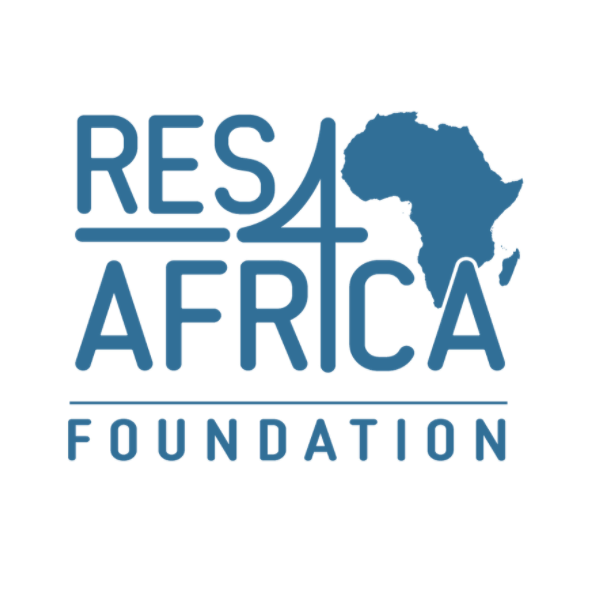
RES4Africa and PwC have released a new study Private Sector Participation in African Grid Development. The study identifies underfinancing, inefficiency and insufficient extension of electricity grids as the main obstacles to Africa’s access to energy.
Africa’s electricity grids are characterised by infrastructural flaws, inefficiency and limited coverage, preventing universal access to electricity and hampering the continent’s development.
Towards a renewed Africa-Europe Partnership for Investment
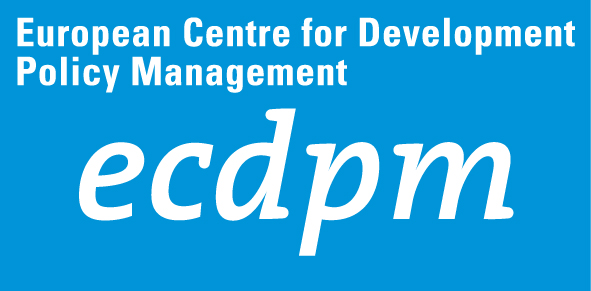
In this paper for the European Think Tanks Group, ECDPM’s San Bilal and Pamella Eunice Ahairwe and DIE’s Niels Keijzer argue that the partnership between the EU and the AU and their respective member states can provide a strategic and institutional framework for collectively stimulating sustainable investment.
Getting partnerships right: The case for an AU strategy

The African Union (AU) is mandated to promote and defend African common positions on issues of interest to the continent and enable it to play its rightful role in the global economy and international negotiations. One of the AU’s key objectives is to encourage international cooperation with external partners to meet its Agenda 2063 vision of Africa as a strong, united, resilient and influential global player and partner.
This paper discusses the AU’s Partnerships Strategy and Policy Framework, which it is currently developing as part of its ongoing reform process. The objective of the strategy is to reformulate how the AU engages with external partners. The AU has a number of partnerships with countries, regional organisations and international institutions, but there is a realisation within the AU that such partnerships are not fit for purpose and face a number of challenges – including the lack of a coherent strategy.
Connecting African markets and people: Streamlining regional trade and free movement protocols

Connecting people and markets within and between African countries and regions is a longstanding aspiration and a core part of the African Continental Free Trade Area (AfCFTA). In this line, the AfCFTA aims to (1) address the challenge of multiple and overlapping regional economic community memberships and speed up regional and continental integration processes, and (2) contribute to the movement of people, which aligns with the African Union Free Movement Protocol (AU-FMP).
This paper discusses these two objectives and looks at how the AfCFTA and the FMP alter state relations on trade and movement of people, and how AfCFTA implementation will interact with existing regional agendas and initiatives. It looks at policy statements and the political economy dynamics likely to shape integration and cooperation efforts, and helps identify policy priorities for African stakeholders at the national, regional and continental levels, as well as their external partners.
Economic efficiency and targeting of the African Great Green Wall

Land degradation in the Sahel threatens livelihoods and food security. The Great Green Wall programme is a colossal initiative to restore 100 million hectares of degraded ecosystems across 11 countries in the region, which started in 2007 to also promote sustainable development and climate change mitigation. We evaluated the economic costs and benefits of future land restoration projects under this programme. We applied different scenarios that account for both market-priced and non-market benefits from restored ecosystems and consider the heterogeneity of local decision-making contexts in terms of investment planning horizons, discount rates, and the time needed for the restored ecosystems to start yielding their benefits in full.
Finance in Africa - for green, smart and inclusive private sector development
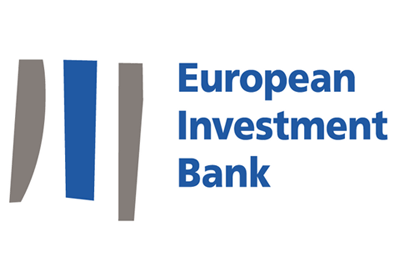
The EIB, in partnership with Making Finance Work for Africa, surveyed 78 banks in sub-Saharan Africa in early 2021 to see how they are coping during the COVID-19 pandemic and to learn their views on climate risk, green finance and digital financial services. This work formed the basis of our new Finance in Africa report. The report also provides an in-depth analysis of the state of play in the microfinance, private equity and venture capital sectors in Africa.
African financial institutions have remained relatively resilient during the COVID-19 crisis. But lingering problems could set back financing during the recovery. For instance, almost half of the banks reported that their biggest worry was a deterioration of their loan portfolios. Another 21% were most worried about the increased risk of new lending. Meanwhile, small firms and micro-entrepreneurs remain underserved and could lose access to finance if lending recovers slowly.
Towards a Policy fit for Purpose Between Africa and Europe
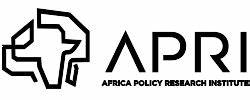
At the centre of the call for the partnership to take into account African interests is the notion of a “paradigm shift” that was touted as the new principle to guide the reform of the partnership between Africa and Europe when leaders from both continents met in 2017 in Abidjan. This paradigm shift would usher a new era in the relationship, one that moves beyond development aid as the determinant of the relationship. It would recognise the full value that Africa brings to the table. The paradigm shift would also involve a two-way dialogue rather than a top-down one led primarily by the EU. African leaders, practitioners, experts and civil society leaders have since formulated options that could help the continents realise this ambition.
Impact Africa: Private Sector SDG Champions
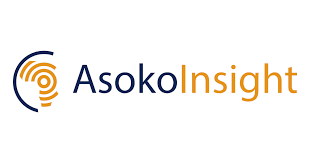
Industrial development across most of Africa is still in its infancy, but the Covid-19 pandemic has exposed the potential the sector holds, notably in terms of its ability to drive profound social and economic changes, and therefore, a much-needed path towards recovery following the pandemic.
Inclusive and sustainable industrial development combined with resilient infrastructure and innovation forms the basis for Sustainable Development Goal (SDG) 9, providing a useful lens for assessing the contribution of Africa’s manufacturing base to wider development goals.
CDC Emerging Economies Climate Report 2021
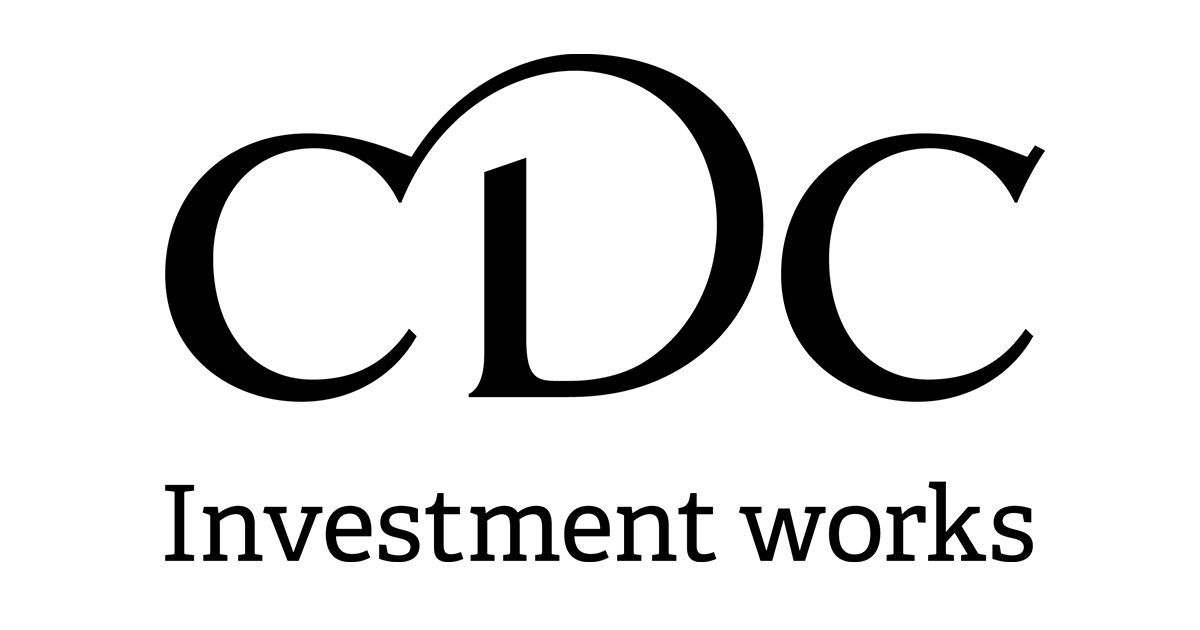
The CDC Group publishes its Emerging Economies Climate Report for 2021.
According to the World Bank, climate change has the power to push 100 million people back into poverty in just over ten years, and it will hit countries in Africa and South Asia the hardest.
Countries in these regions are the most vulnerable to climate change, while being among the least responsible for it. In Africa in 2019, for example, nations were already spending around 5 per cent of their GDP on climate adaptation and mitigation measures. With the impact of the coronavirus pandemic holding back growth and climate change becoming more severe, Vera Songwe, Executive Secretary for the UN’s Commission for Africa, said that this situation is likely to get worse: “It is expected that, in the future, countries [in Africa] will be spending about 15 per cent of GDP to respond to climate crises.”




